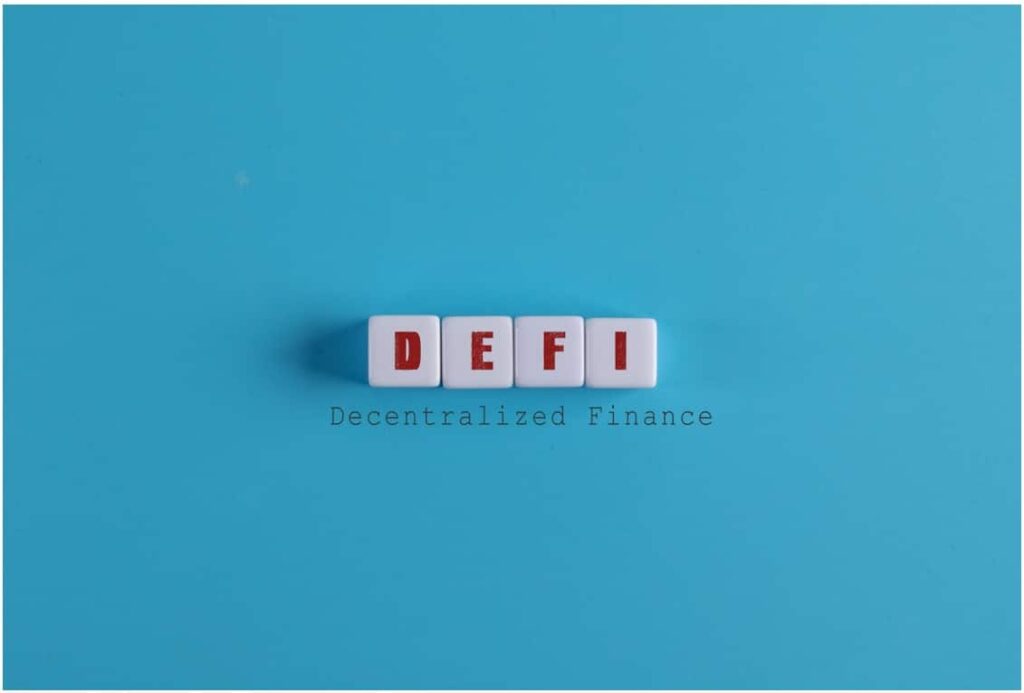The Bank for International Settlements (BIS) revealed that institutional players dominate the liquidity supply on decentralized exchanges (DEXs) like Uniswap, according to a November 19 report:
In a recent report entitled “Decentralized dealers”, the BIS analyzed the behavior of sophisticated and retail participants in Uniswap v3 liquidity pools. The study examined their responses to market activities and the extent to which DeFi delivers on its promise of inclusiveness.
Liquidity providers play a vital role in DEX ecosystems by depositing assets into trading pools, thereby enabling token swaps. In return, they earn trading fees, with higher returns typically linked to high-volume pairs.
Uniswap is the largest DEX platform in the DeFi ecosystem. It is available on around twenty blockchain networks, including Ethereum and several layer 2 networks like Base, Arbitrum and Optimism, among others. Since its launch in 2018, it has facilitated over $2 trillion in transactions..
Institutional actors dominate
The report highlights that institutional players in DeFi often replicate the strategies of traditional finance, thereby gaining a competitive advantage over retail players.
These sophisticated participants act as market makers, adopting advanced tactics such as imitating bid-ask spreads to maximize profits. Their dominance reflects the patterns of traditional financial systems, where large players often outpace small players.
The design of Uniswap v3 allows liquidity providers to allocate funds within specific price bands, providing significant benefits to those with advanced market knowledge. The report notes that institutional players actively adjust their positions during periods of market volatility, thereby reaping higher returns. In contrast, retail players rarely make similar adjustments, often leading to lower profitability and, in some cases, losses.
The BIS report also highlights that retail players interact with fewer liquidity pools and adjust their positions less frequently, making it difficult to compete with institutional players.
BRI said:
“Retail participants demonstrate significantly lower skills. They are much less profitable during periods of high volatility and do not appear to adapt their liquidity provision to changing market conditions.”
Although DEXs promote inclusion and equal opportunity, the results suggest a gap between ideal and reality. Institutional dominance raises the question of whether DEXs are truly fulfilling their mission to level the playing field for retail players.




